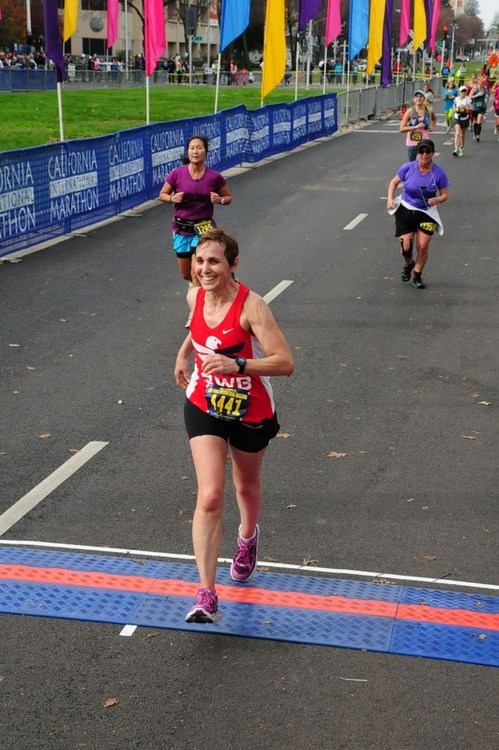Lycored’s Lumenato to be deemed a Novel Food by the EFSA
The carotenoid-rich nutraceutical has been proven to support skin health by protecting it from UV exposure and collagen degradation

By Dr. Cathleen London, M.D.
The world is facing an obesity epidemic. This is not news—we have been heading towards it for the last several decades. With obesity comes an increase in almost every disease including diabetes, heart disease, cancer, and even dementia. What do all of these diseases have in common? Inflammation. Because fat is essentially an inflammation factory.
So, what’s the solution? Instead of telling people to “just get in shape,” it’s time to say, “let’s stop the inflammatory process that’s killing us.” We also need to stop eating things that increase inflammation and start eating things that reduce it.
Fried foods, trans fats, and artificial colors and flavors all cause inflammation. When we eat these types of foods, our bodies react which can increase our pain in many disease states including arthritis, inflammatory bowel disease, and psoriasis. We can fight inflammation by choosing to eat brightly-colored fruits and vegetables that are full of natural anti-inflammatories and antioxidants.
One of the most powerful anti-inflammatory foods is the tomato because it is rich in lycopene, phytoene, and phytofluene. This powerhouse fruit helps counter free radical formation in our blood vessels, bones, tissue, heart, and even in our skin. Current data shows that tomatoes and tomato-based extracts can also help fight high blood pressure, skin cancer, and low bone density, as well as protect against breast and ovarian cancers.
In all likelihood, this effect is only strengthened when combined with the antioxidants present in other fruits and vegetables. As my wise grandmother used to say, “you need to eat the rainbow.” The best way to eat the rainbow is to make sure your food goes through the fewest steps possible before it appears on your plate. Less processing means less chance of inflammation and more opportunities to fight it.
Eating well is only one part of the equation. Regular exercise is equally important. I decided to start racing triathlons when I was 45 as a way to increase my own fitness and to be an example to my patients and other physicians. I didn’t even own a bicycle when I signed up for my first race, but I wanted to walk the talk. Obesity and diabetes both run in my family, so I chose to make fitness part of my lifestyle. I ran a marathon last weekend, and now I’m already training for the next race!
It’s easy to find excuses not to exercise (like work, family obligations, and fatigue). But what happens when you fall ill and can’t be there to enjoy your family or your job? Instead of waiting for the inevitable to happen, take preventative steps. Don’t wait for New Year’s resolutions. Start today.
Dr. London is Assistant Professor of Medicine at Weill Cornell Medical College, Cornell University and Assistant Attending Physician at NewYork-Presbyterian Hospital.

The carotenoid-rich nutraceutical has been proven to support skin health by protecting it from UV exposure and collagen degradation


On April 22nd, the FDA announced in a press release its intention to phase out petroleum-based synthetic dyes in food, beyond Red 3. While industry actors seem to be divided...
Interested in speaking directly with a member of our team?
Click below to get in touch.